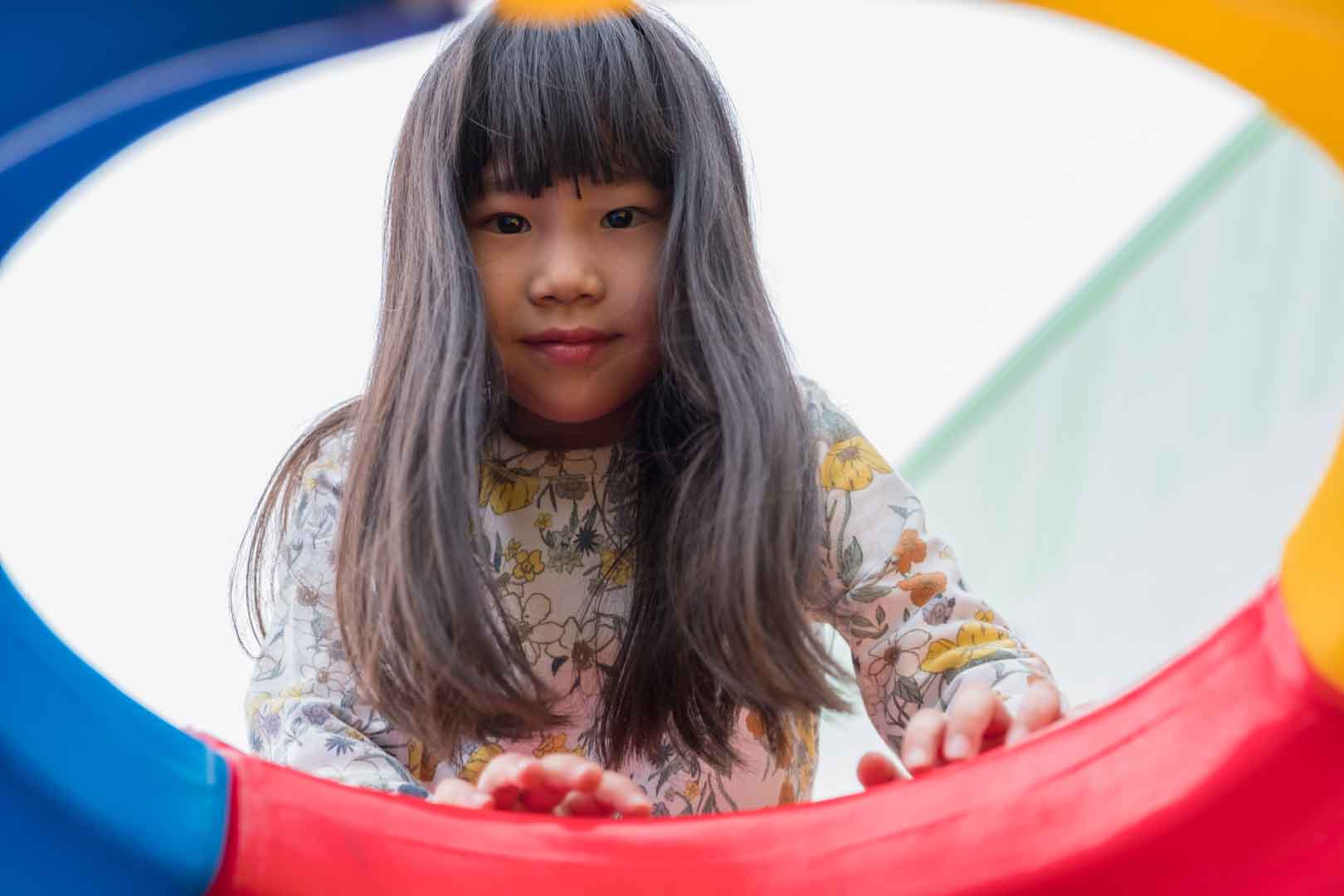When a child knows what they want to say but can’t get the words out, it can be incredibly frustrating—for both the child and their family. This is often the experience of children with Childhood Apraxia of Speech (CAS), a rare motor speech disorder that affects the brain’s ability to plan the movements needed for speech. At OrbRom Center in Phnom Penh, we offer specialized speech therapy for children with apraxia, using evidence-based techniques that gradually help children go from isolated sounds to full sentences.
Apraxia is challenging, but with the right therapy, consistent support, and patience, children can make meaningful progress toward clear, confident communication.
What Is Childhood Apraxia of Speech?
CAS is not caused by muscle weakness. Instead, it’s a disconnect between the brain and the mouth. Children with apraxia know what they want to say, but their brain struggles to coordinate the complex movements needed to speak.
Common signs of apraxia include:
-
Limited babbling or sound play as a toddler
-
Inconsistent speech errors (saying a word differently each time)
-
Difficulty combining sounds into words
-
Trouble imitating speech, even with visual cues
-
Groping or visible struggle to form sounds
Because apraxia is often misunderstood or mistaken for general speech delay, a thorough Developmental Assessment at OrbRom Center is key to an accurate diagnosis.
How OrbRom Center Approaches Apraxia Therapy
At OrbRom Center, our therapists use a structured and individualized approach for apraxia. Therapy for apraxia is intensive, repetitive, and highly tailored to the child’s specific motor planning needs.
Techniques include:
-
Dynamic Temporal and Tactile Cueing (DTTC): A method that emphasizes imitation, visual cues, and repeated practice with gradual fading of support
-
Multisensory Prompts: Using mirrors, hand cues, and sometimes touch to help the child produce the correct sounds
-
Motor Programming Exercises: Practicing carefully selected words and phrases over and over until the motor patterns become automatic
-
AAC Support (Augmentative and Alternative Communication): Introducing visuals or speech-generating apps when needed for functional communication while speech develops
To help regulate attention and reduce frustration during sessions, we also use calming tools like the Sensory Rocking Chair and Noise Cancelling Headphones, especially for children who have sensory sensitivities alongside apraxia.
What to Expect: Progress Takes Time and Teamwork
Children with apraxia require frequent therapy—often 2 to 3 sessions per week—and ongoing home support. At OrbRom Center, we provide parents with weekly strategies, such as:
-
Practicing simple, high-frequency words daily
-
Using visual cues and gestures to support motor planning
-
Staying consistent with sound targets from therapy
-
Creating routines around practicing speech (e.g., during meals or bath time)
We help parents understand that slow progress is not failure. With repetition, encouragement, and patience, children with apraxia can build meaningful speech.
Supporting Apraxia at Home and School
Outside the clinic, consistency is critical. Children with apraxia may struggle in environments that demand fast responses or complex language. Our therapists collaborate with teachers to ensure accommodations, such as:
-
Allowing extra time to speak
-
Reducing pressure to answer verbally in front of peers
-
Accepting gestures or AAC when speech is difficult
For home use, the Sleep Sound Machine can support better sleep and emotional regulation—both essential for learning and daily functioning.
Why Families in Phnom Penh Trust OrbRom Center
Apraxia requires a skilled, long-term approach that many families in Cambodia previously had to travel abroad to access. OrbRom Center fills that gap with:
-
Certified speech-language pathologists trained in motor speech disorders
-
Bilingual support (Khmer/English) for therapy and parent coaching
-
Sensory-friendly environment and integrated supports
-
Ongoing assessments and goal tracking to ensure progress
We celebrate every milestone—from a first consistent “mama” to full, intelligible phrases.
Conclusion: One Sound at a Time, One Step Closer to Confidence
Apraxia doesn’t have to define a child’s future. With early, targeted speech therapy and committed family support, children with apraxia in Phnom Penh can develop strong communication skills and renewed confidence.
At OrbRom Center, we walk alongside each child on their unique journey—from first sounds to full conversations. If your child is struggling with speech clarity or planning, reach out to our team today to begin a personalized intervention plan.
Explore our Speech Therapy Services to learn more.
We are the only Preschool specialized on children with special needs in PhnomPenh.
- Internationally qualified teachers
- Cambodia’s largest sensory room
- Outdoor swimming pool
- Covered outdoor playground
📞 Phone: 077.455.993
Telegram Link: https://t.me/OrbRom








Leave A Comment